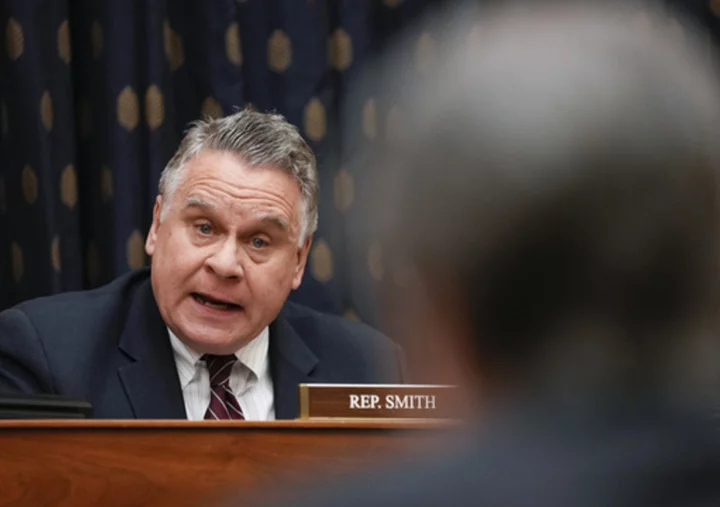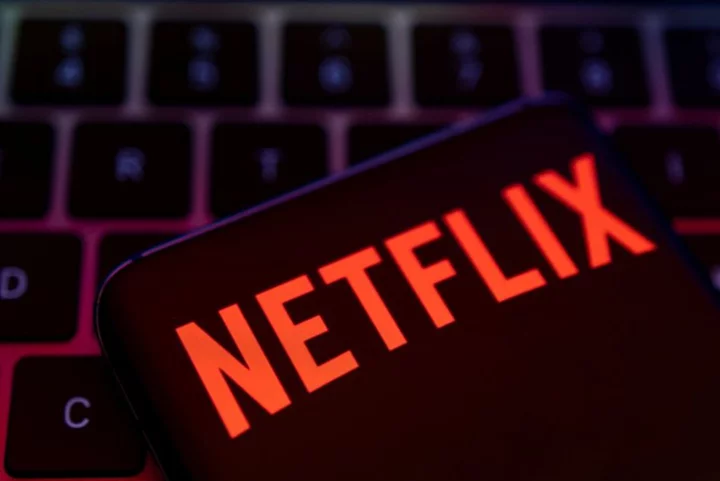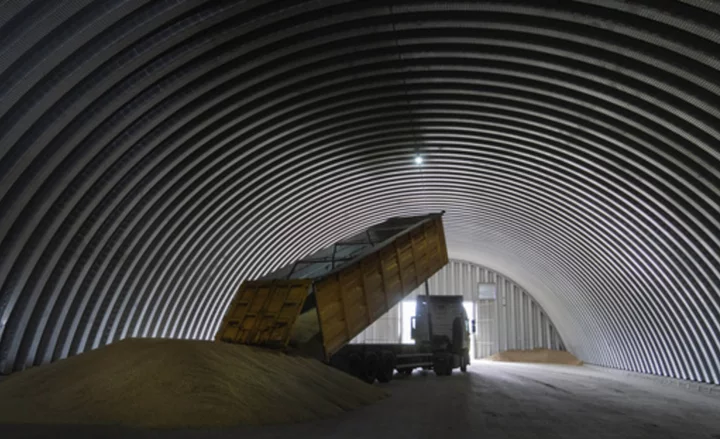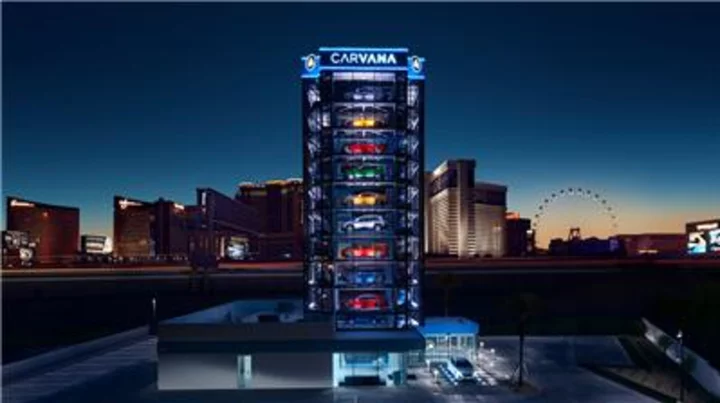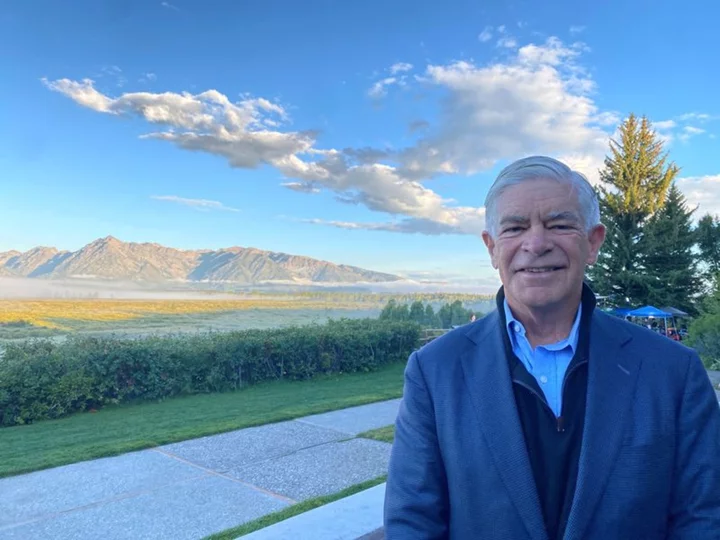ABUJA, Nigeria (AP) — A measure has been introduced in the U.S. House to ban imported products containing minerals critical to electric vehicle batteries but mined through child labor and other abusive conditions in Congo, where China has enormous mining stakes.
The bill targets China, which sponsor Republican Rep. Chris Smith of New Jersey says uses forced labor and exploits children to mine cobalt in the impoverished but resource-rich central African country.
Congo is the world’s largest producer of cobalt, a mineral used to make lithium-ion batteries for electric vehicles, a key pillar of President Joe Biden’s climate plans. China controls the majority of the cobalt mines in Congo, strengthening Beijing’s position in the global supply chain for electric vehicles and other products.
“On the backs of trafficked workers and child laborers, the Chinese Communist Party is exploiting the vast cobalt resources of the Democratic Republic of Congo to fuel its economy and global agenda,” Smith’s office said in a statement following the bill's introduction Friday.
The legislation comes amid strained ties between the U.S. and China. Biden referred to Chinese President Xi Jinping as a “dictator ” during a campaign fundraiser last month, leading to outcry from Beijing. That has followed tensions over a Chinese surveillance balloon that the U.S. government shot down, U.S.-led restrictions on China’s access to advanced computer chips, and the status and security of Taiwan.
But the Biden administration is looking to ease those tensions with a visit to China this week from U.S. Treasury Secretary Janet Yellen, following Secretary of State Antony Blinken’s two-day stop in Beijing last month.
China holds a 68% stake in Sicomines, the copper and cobalt joint venture with Congo's state mining firm Gecamines, following a 2008 infrastructure-for-minerals deal, which Congo now is seeking to review over concerns it gets too little benefit from the arrangement.
Congo is also Africa’s top producer of copper, and lithium was recently found there — also key components of EV batteries.
The extraction of the minerals has been linked to child and exploitative labor, environmental abuses and safety risks. In a 2016 report, Amnesty International blamed Chinese firms for child labor in Congo’s cobalt mining and multinational tech firms for failing to address the negative human rights issue in their supply chains.
The U.S. legislation would prohibit importing “goods, wares, articles, or merchandise containing metals or minerals, in particular cobalt and lithium and their derivatives, mined, produced, smelted or processed, wholly or in part, by child labor or forced labor in the DRC,” Smith's office said.
The measure also would require the president to identify and impose sanctions, including visa and transaction prohibitions, on foreign actors who facilitate and exploit child labor in Congo.
In a blow to American production, an Australian mining company that had been set to open the only cobalt mine in the U.S. halted construction on the Idaho project in March, citing falling cobalt prices fueled by competition from China and Congo.
Jervois Global CEO Bryce Crocker said the company expects to complete construction of the mine and commission it when cobalt prices recover.
The U.S. Defense Department has awarded the company $15 million for drilling and a feasibility study of a cobalt refinery in the U.S. Cobalt is considered a critical mineral by the U.S. government due to its use in the military and energy sectors.
___
Associated Press writer Matthew Daly in Washington contributed.
___
Associated Press climate and environmental coverage receives support from several private foundations. See more about AP’s climate initiative here. The AP is solely responsible for all content.

